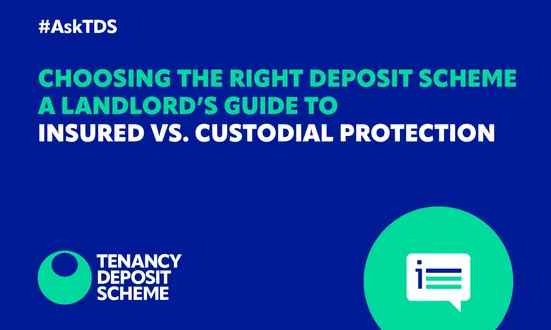With rising energy bills, TDS looks at ways to improve our homes energy efficiency and help with the rising costs.
How energy efficient is your home?
Before implementing home improvements, it’s important to determine how much energy is used in your home and how much it’s costing. Having an Energy Performance Certificate (EPC) is not only a legal requirement when renting a property, but will also help you identify potential opportunities to improve your homes energy efficiency. Unsure what your EPC rating is? Take a look here, and keep in mind the Labour Government has affirmed its commitment to ensuring all rental properties achieve a minimum EPC rating of C by 2030. EPCs are valid for 10 years and may need updating if you have made changes to your home since the assessment. Once you know where you stand, there are several simple steps that landlords can take to make their properties more energy-efficient and help tenants to reduce their bills.
Simple tips to improve your EPC, lower energy costs and reduce your carbon footprint
- Move to a Smart meter: If your home has not been upgraded to a smart meter, make this as an action. It will mean more accurate costs for your tenants and remove the costs of meter readings, which are currently added to bills.
- Draft-proof: Aside from windows and doors, DIY draught-proofing can also be done around letterboxes and keyholes. Draft-proofing kits are available online and at your local hardware shops.
- Change to LED lighting: Switching old light bulbs for low-energy LEDs uses approximately 90% less energy and can last up to fifteen times as long. Don’t forget the lighting in ovens and extractor hoods.
- Think about fabrics: For curtains, carpets and rugs, the thicker the better to help reduce heat loss from windows and floors.
- Check the radiators: Ensure the radiators are bled yearly so they’re working effectively, and consider fitting them with thermostat controls.
Renovating soon? Tips for long term energy efficiency.
- Upgrade your windows and doors: Think about double or triple glazing to improve heat retention.
- Insulate: One of the easiest and most cost-effective ways to improve a home’s energy efficiency is by fitting natural cavity or solid wall insulation. This is most needed for your ground floors, roof, loft, and external walls. Insulation around the hot water tank and pipes is also worth undertaking.
- Update your boiler: Save energy by upgrading your boiler, or consider installing a heat pump as a replacement.
- Buy efficient appliances: Double-check that the energy ratings are A+++ when purchasing new appliances.
- Solar panels: Install PV Panels on your roof with battery storage, and utilise the excess energy generated during the night.
- You may be able to apply for help with the cost of home improvements, such as insulation, a new boiler or a renewable heating system. Find out more here.
Furthermore, the Labour Party plans to implement a “Warm Homes Plan,” which will offer grants and low-interest loans to support investments in insulation and other improvements such as solar panels, batteries, and low-carbon heating. Read more about it here.
Advice and support for tenants
Tenants have little control over their rental property energy efficiency, so any support you can offer will help keep your tenancy a happy one. Are your tenants aware of the available energy grants? Currently, these are:
- Winter Fuel Payment: A £200 to £300 fuel payment for people born on or before October 5 1954.
- Cold Weather Payment: A £25 payment for every seven days of very cold weather between November and March.
- Warm Home Discount: A £150 one off payment if you receive benefits.
- Household Support Fund: A funding package to help vulnerable households this winter. The local council will be able to offer advice and help on accessing the fund.
The Citizens Advice bureau can provide further information on these schemes here.
For more advice and tips for landlords, agents or tenants, visit our TDS Help Centre.
Interested in finding out more about TDS?
Join today or book a demo to find out how easy it is to switch.
About TDS:
Tenancy Deposit Scheme (TDS) is a government approved scheme for the protection of tenancy deposits; TDS offers both Insured and Custodial protection and provides fair adjudication for disputes that arise over the tenancy deposits that we protect.
We provide invaluable training in tenancy deposit protection and disputes for agents and landlords through the TDS Academy as well as joining with MOL to provide the Technical Award in Residential Tenancy Deposits.
TDS Insured Scheme: where a TDS member can hold the tenancy deposits as stakeholder during the term of the tenancy.
TDS Custodial Scheme: where TDS hold the deposit for the duration of the tenancy.
TDS Academy: TDS provides property professionals with invaluable training in tenancy deposit protection and tenancy deposit disputes.
TDS can only comment on the process for our scheme, other deposit protection schemes may have a different process/require different steps. Content is correct at the time of writing.
These views are those of the author alone and do not necessarily reflect the view of TDS, its officers and employees.

Other news stories


